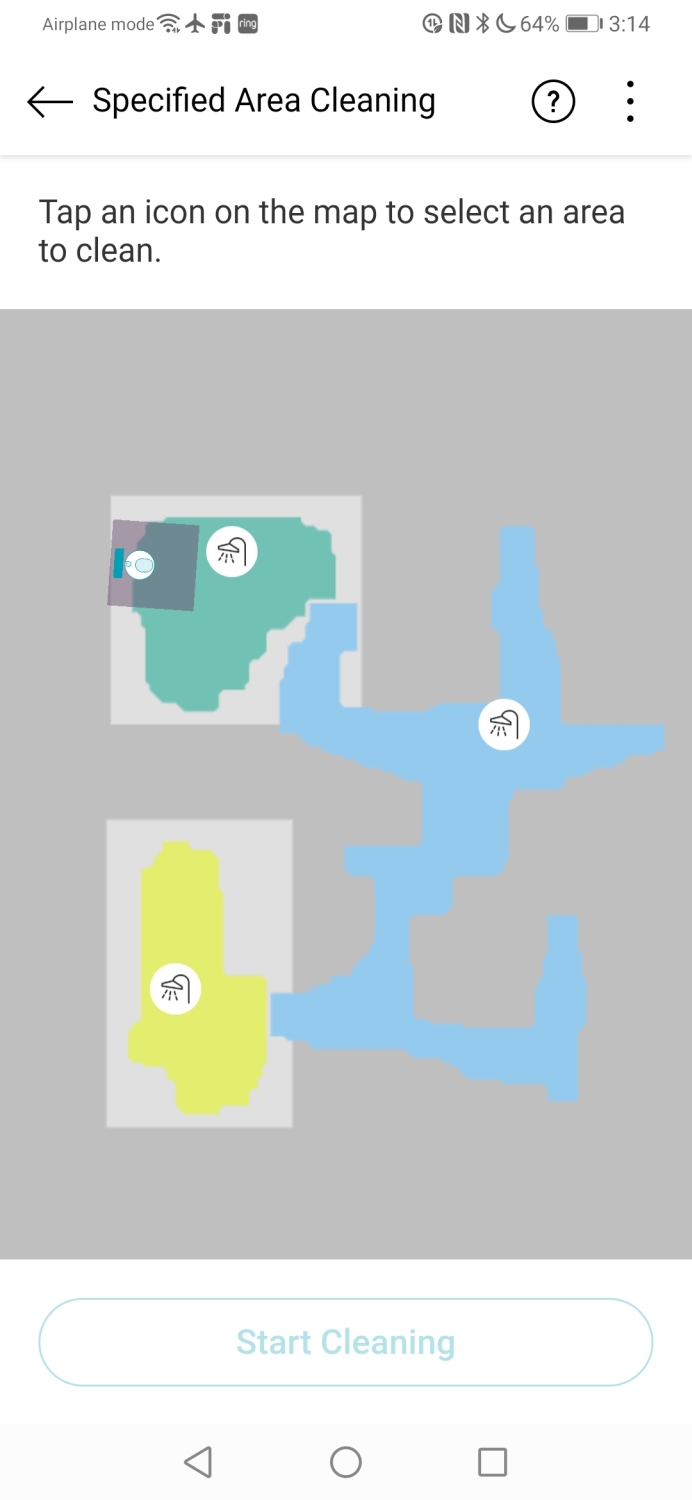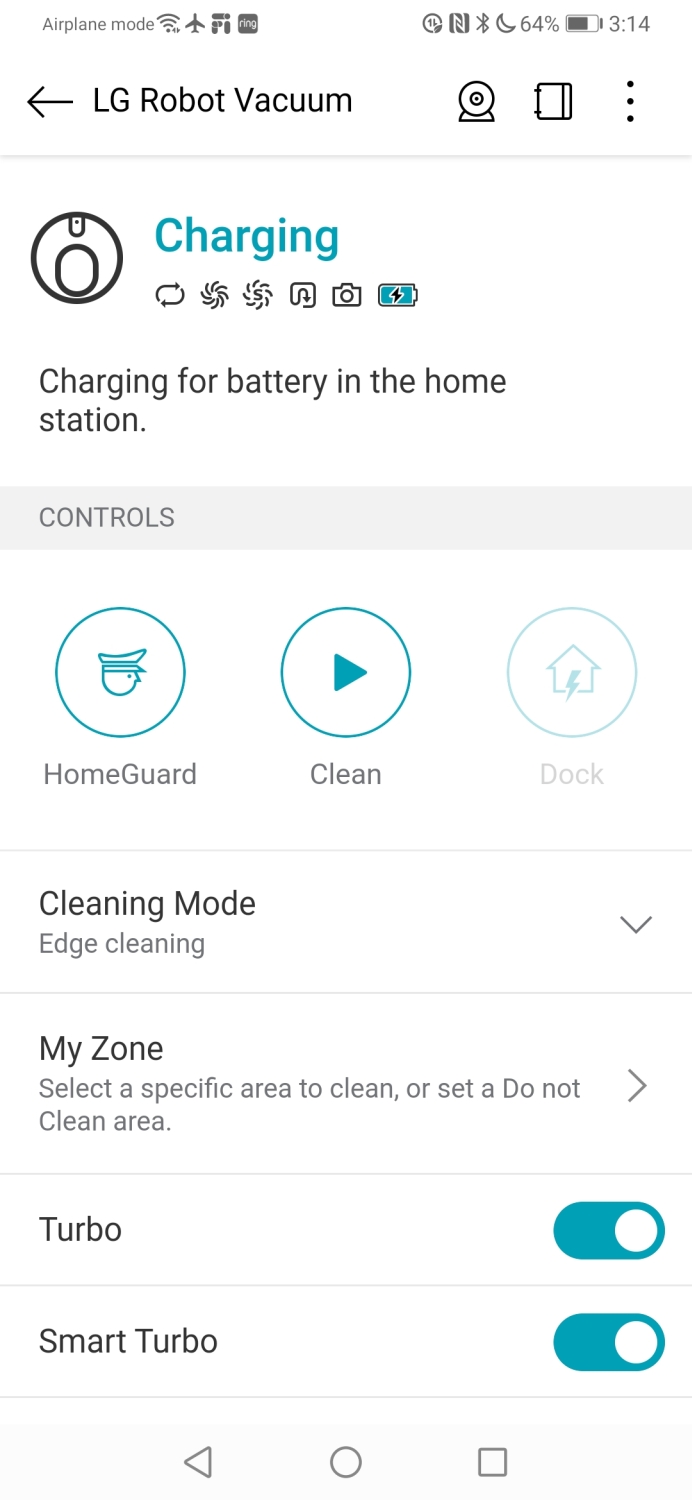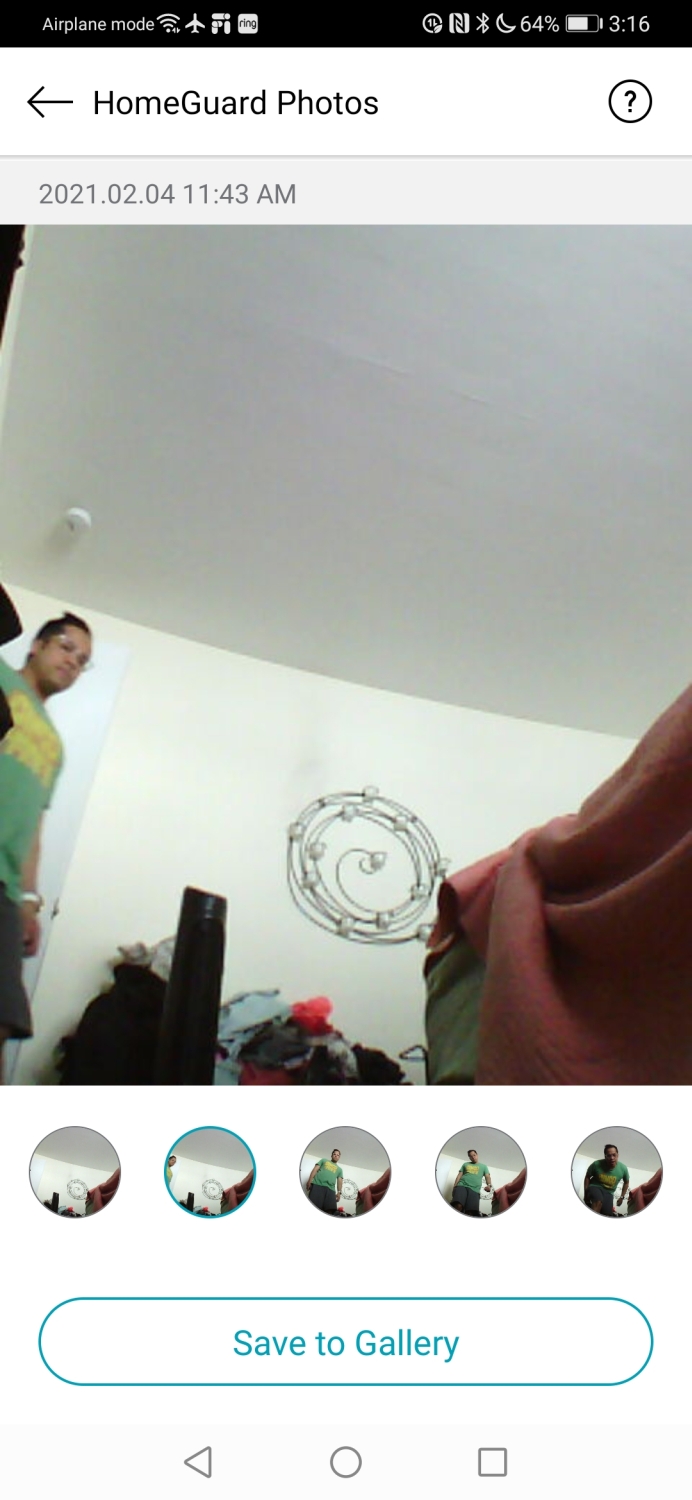“This ambitious robot vacuum tries to do more, but stumbles with the basics.”
- Offers 5-stage HEPA filtration
- Brush does well with carpets
- Its bulky size
- Limited coverage with HomeGuard function
- Pricey cost
- Can't clean corners effectively
LG’s a company that has brand recognition in just about every consumer tech space you can imagine. From smartphones to televisions, it’s a brand that is trusted and proven to produce amazing products. In the robot vacuum space, however, it’s a totally different story.
One would imagine that a giant company such as LG would be regarded as a premier player in the space, especially when its various smart appliances are also highly esteemed, but it’s been an uphill battle in trying to achieve the same notoriety as iRobot, Shark, and Ecovacs. The LG CordZero ThinQ Robot Vacuum is its latest roving bot, armed with unconventional features and design that certainly raises eyebrows. Does LG have a winner in this, finally?
No shame in its girth
Boy, this is the chunkiest robot vacuum I’ve seen and tested to date. While I certainly can understand the decision to design a robot vac that looks like a mini tank, it’s significantly bulkier than its peers. ‘Unconventional’ best describes its design, which looks as though it melded a cordless vacuum’s head onto the body of a thick-sized robot vacuum. Due to its 5.6-inch thickness, it has trouble getting into tighter spaces — like underneath furniture. For comparison, the iRobot Roomba i3+ is only 3.63-inches thick.

Nevertheless, the design is purposeful because it features an above-average 0.6L dustbin. For those with larger spaces, it’s helpful because it simply means it’ll be able to gobble up more debris before needing to be disposed of. However, the bulky size does nothing to extend its battery life. The 100-minute rating of it is sufficient for cleaning my 1,000 square foot apartment, but the Roborock S6 MaxV by comparison edges it out at around 120 minutes.
Not the sharpest in the shed
Besides its chunky looks, what instantly catches my attention about the LG CordZero ThinQ Robot Vacuum is the camera perched squarely on its front side. The camera gives the bot its security abilities that I’ll explain in detail later, but it’s leveraged by its visual SLAM (simultaneous localization and mapping) tech for navigation. Essentially, the camera combined with artificial intelligence (A.I.) helps to map out rooms, but in practice, it’s not as efficient as others. Sensors around the robot help it to detect edges, objects, and other obstacles, but it still gets tripped up on wires and clutter left around.

Once you do a full cleaning, it saves the map it generates to memory — so one would think it’d be faster or more efficient the next time around. Unfortunately, that wasn’t the case, often taking just the same amount of time. I even attempted the poop test with this bot, where I placed fake poop on the floor to see what would happen. In just about every occurrence, it would slowly approach and make some minor navigational alteration, but then would proceed to run over it. Good thing it’s fake because this bot doesn’t mop.
Frankly, the $1,200 sticker price doesn’t help.
Another area that’s troublesome is whenever it tackles corners. Since there’s only one main brush on its underside, it has to approach corners straight on. This implementation doesn’t do a good job of capturing debris compared to bots that have a sweeping brush on the side to funnel the debris. With LG’s take, you’re hoping that the suction power is strong enough to get the job done, but it doesn’t with hardwood floors.
Speaking of suction, I’m happy to report that its anti-tangle brush does a good job at collecting hair and not getting bunched up. When it detects certain surfaces, such as carpet, it applies extra suction power to ensure it gobbles up dirt for a deep clean. It is loud in this mode, but it’s actually not distracting under normal cleaning conditions. Overall, it does well for carpets, but I found it to struggle with hardwood floors.
One of the few with HEPA filtration
Capturing dirt and debris is the fundamental job of all robot vacuums, but not all of them offer the same degree of capturing fine particles like this one. In fact, it’s one of the few on the market that uses a 5-Step HEPA filtration system. Of course, I take its word about filtering 99.9% of dust, pollen, and pet dander, but looking at the dustbin, it’s nearly impossible to determine because it looks very much like the other bots I’ve used.

Despite this, it’s nice knowing that it is more proactive at capturing debris by using this filtration. Even better is that the filter is easily accessible and washable, which saves money in the long term because you’re not forking out the extra dough for filters. And lastly, I like how the dustbin makes it easy to release its contents with the push of a button that opens the lid on its underside — which minimizes the fine dust particles from blowing back.
Stick with a security camera
As I mentioned earlier, the LG CordZero ThinQ Robot Vacuum features a camera that effectively transforms it into a prowling watchdog. After trying it out, it’s not going to replace your traditional security camera. That’s partly due to the terrible interface. Using the LG ThinQ app, you first set the HomeGuard function by navigating the bot to where you want it to watch. The problem with this, regrettably, is that it’s confined to a space of no more than 10 feet away from the charging base. It’s a problem in my situation because I have the base in the bedroom, but want the bot to keep an eye out on the front door in the living room.

Now, the camera will only capture a few snapshots whenever it detects motion — and they’re kind of grainy looking. You can also forget about trying to see anything when it gets dark because the camera doesn’t have night vision. Your standard security camera will offer better detection and image quality than this, but I can see the benefit of being able to access the camera when you’re away from home (and manually navigate it to wherever in your house you want to see).
Our take
The LG CordZero ThinQ Robot Vacuum is not your ordinary cleaning robot. It’s striving to do much more, but in that attempt to do more, it fails to be a competitive offering that can tangle with other esteemed bots on the market. Frankly, the $1,200 sticker price doesn’t help either. You can spend a fraction of that for something that’s at the very least more efficient at cleaning.
How long will it last?
The LG ThinQ app does a pretty good job at maintaining the robot. Accessing the smart diagnosis function will check to see if the filter and sensors need cleaning, as well as reminders about maintenance. Following the guidelines will only help to extend proper function.
LG’s robot is solidly constructed, so I have confidence it’ll hold up, but in the event something goes bad, there’s a one-year limited warranty that is included. Additionally, there’s a 10-year warranty on the smart inverter motor.
Is there a better alternative?
The security camera functionality is hard to find in robot vacs, so it’s unique in that sense. As for cleaning, however, there are many models to choose from that clean more efficiently — like the iRobot Roomba i3+ and Roborock S6 MaxV. The latter also features an A.I.-powered camera to detect obstacles to avoid them.
Should you buy it?
No, partly because the cost is too great and its security camera functionality isn’t that practical to use.







